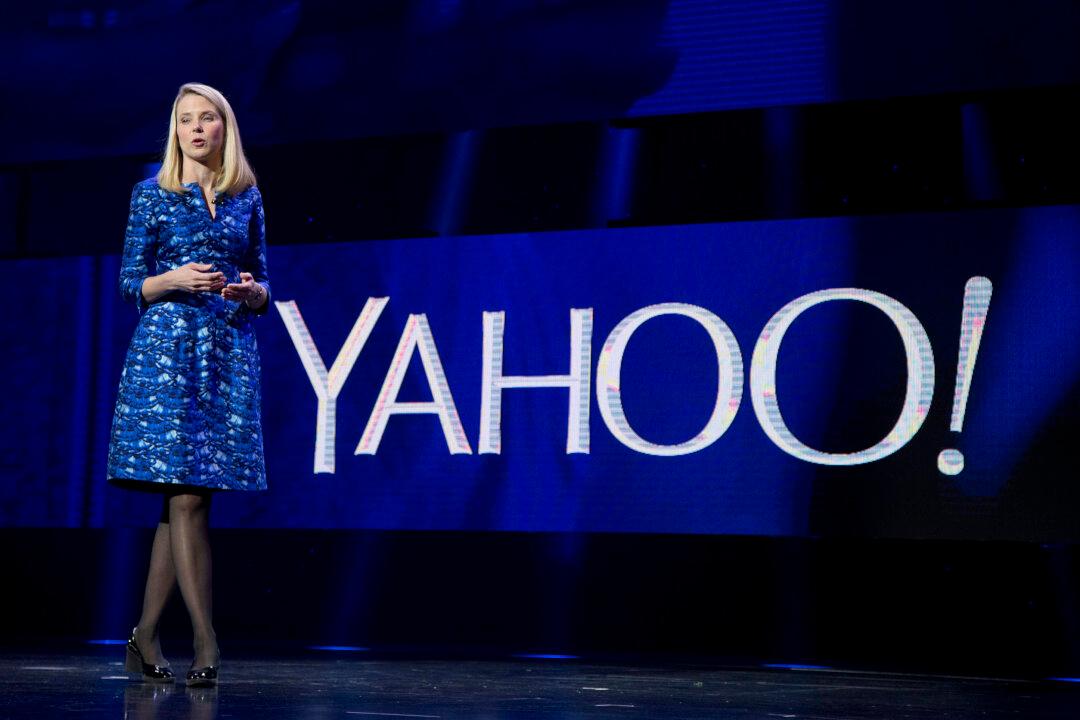US telecoms giant Verizon paid an eye-opening US$4.8 billion for Yahoo’s search, email and advertising businesses which will be merged into its own online operation bought from and still branded as AOL, to better compete against tech giant rivals Google and Facebook.
The new Yahoo-AOL alliance will control 5.2% of the digital advertising market compared to Google’s 39% and Facebook’s 15%. Yahoo’s CEO Marissa Mayer has struggled to prevent Yahoo’s continuing decline, with losses mounting despite a US$3 billion investment in new features and acquisitions.
Unfortunately, these “alliances of the weak”, where smaller companies merge in order to try and take on stronger competition, are very rarely successful. If anything, they usually create only a weak competitor that is now bigger than before. And this is what seems likely to have happened with Yahoo-AOL here, in a market in which the winner takes all: if a firm isn’t in the top two then without a credible niche market to exploit the firm will suffer. Yahoo’s recent results were particularly disappointing. Why should adding Verizon and the AOL into the mix change that?
The history of AOL itself is sobering. As a leading light of the online world in the 1990s it grew rich enough to be able to buy the giant media conglomorate Time Warner in a US$164 billion deal in 2001. But the merger was unsuccessful: within a year the combined operation had lost 97% of its value, which is believed by many to be the worst merger ever. AOL’s dial-up modem internet infrastructure was rapidly superseded by broadband, and Time Warner’s expensive content needed wide offline media access anyway to create a return – something AOL could never provide.
Winner Takes All
In many internet markets there are clear network effects in terms of suppliers and buyers: more suppliers attracts more buyers, which in turn attracts more sellers to sell to the growing number of buyers. In this mutually reinforcing process the rewards tend to go to the largest, which is usually among the first to enter the market. Late arrivals tend to struggle unless they can find some sort of niche. Examples include Amazon and Ebay’s domination of the online market place, just as Uber dominates the on-demand ride-sharing business, Facebook dominates social networking, and LinkedIn dominates professional networking.
The efficiency of internet markets and ease of access and participation means network effects are particularly powerful online, pushing weaker players out.



